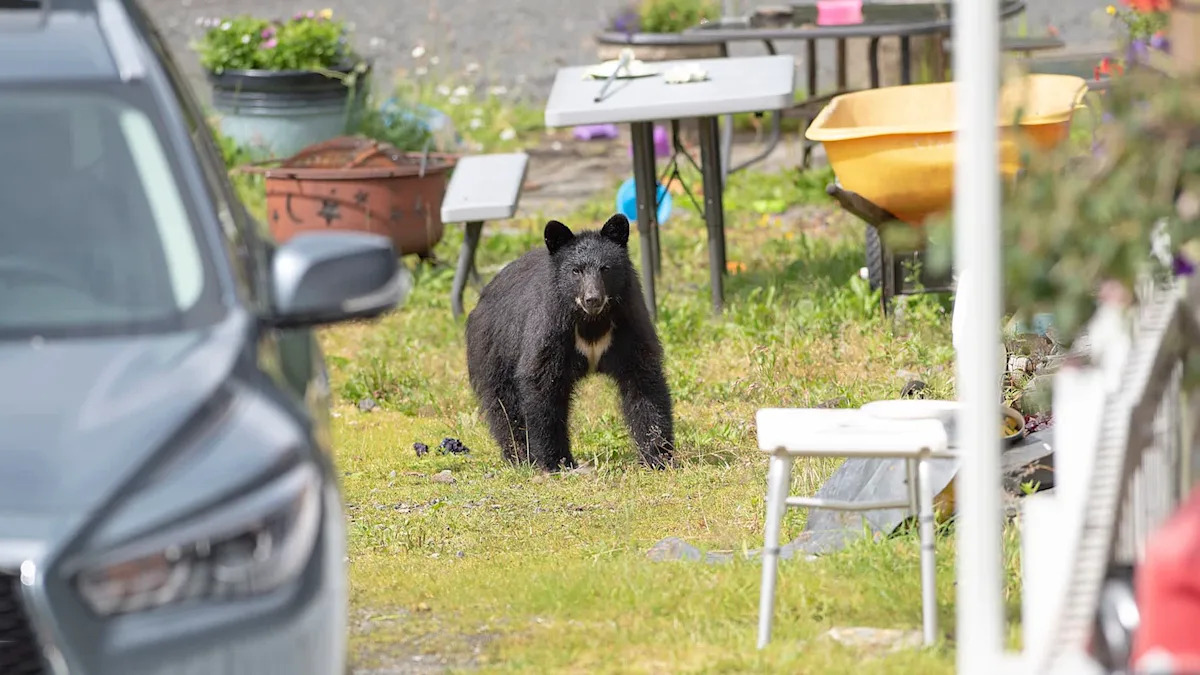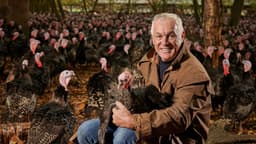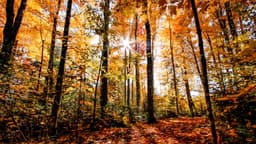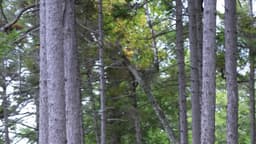Home / Environment / Fatal Bear Attack in Arkansas Highlights Growing Human-Wildlife Conflicts
Fatal Bear Attack in Arkansas Highlights Growing Human-Wildlife Conflicts
2 Nov
Summary
- First fatal bear attack in Arkansas in 25 years
- Drought and habitat loss driving bears to seek food near humans
- Experts warn nutritionally stressed bears can be dangerous

On September 3, 2025, a 66-year-old man in Arkansas was fatally attacked by a 70-pound black bear while riding a tractor near Mulberry Mountain. This incident marked the state's first fatal bear attack in 25 years, leaving the local community shaken.
According to wildlife biologists, such attacks, while alarming, are "exceedingly rare." In fact, black bears have killed just over 60 people in North America since 1900. However, the timing of this encounter, which occurred in late summer when food sources are scarce, was a key factor.
Experts explain that drought and habitat loss are directly impacting bear behavior, driving them to seek alternative food sources closer to human populations. As global temperatures rise and droughts become more frequent, the availability of berries, acorns, and other key bear foods is decreasing, particularly in late summer. This nutritional stress can make bears more dangerous and unpredictable.
To prevent future human-bear conflicts, experts advise campers, hikers, and residents to take precautions such as securing food and garbage, avoiding approaching cubs, and leaving dogs at home. By adhering to these safety guidelines, communities can coexist with these wild creatures in a more balanced way.




